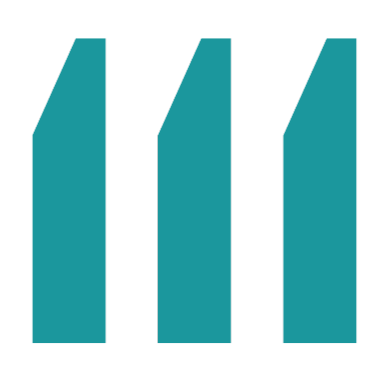
As soon as the purchase by Alfasigma was announced, the share value of Intercept Pharmaceuticals (a company specialising in rare and severe liver diseases) jumped more than 77%. The price at which the Italian pharmaceutical company was proceeding, in fact, implied a premium of 82% over the price at the time, for a total expenditure – all in cash – of USD 793 million. As high as it is, this figure is not even a pale reminder of the quotations Intercept had a few years ago: in 2019 alone, its capitalisation (total stock market value) was $4 billion and in 2014, the year it reached its highest quotations, it was worth double that, over $8 billion.
The spearhead in Intercept’s arsenal is obeticholic acid: sold under the trade name Ocaliva, the drug was approved by the FDA in 2016 for the treatment of primary biliary cholangitis, a rare disease of the bile ducts, and now joins Alfasigma’s portfolio.
Since the approval, Intercept’s sales have gradually grown to reach $340 million in 2022 (a level that is expected to be maintained this year as well).
NASH hopes
The record-breaking prices, however, were not so much due to Ocaliva’s results on biliary cholangitis, but rather to expectations that the drug could be approved as the first treatment for patients suffering from non-alcoholic steatohepatitis (NASH), a liver disease that affects 5% of US adults and for which there are currently no FDA-approved drugs.
Obeticholic acid, in fact, is an analogue of a bile acid found in humans and is designed to bind to a receptor in the liver and intestine that regulates pathways governing inflammation, fibrosis and metabolism.
Intercept, therefore, hoped that at a different dosage the mechanism of action could also be effective for NASH and therefore initiated clinical trials in that direction.
The Fda’s refusal
In 2020, however, the FDA rejected the application for approval for the first time, asking for more data. In June of this year, Intercept resubmitted the application but the US agency again rejected it. At this point, the biotech announced the end of its NASH research efforts and a subsequent corporate restructuring. According to the company’s top management, the layoffs will result in savings of around $140 million per year, allowing the company to become profitable in 2024.
Alfasigma time
At that point, Intercept’s share price plummeted below $11 per share (it was at $455 in 2014) allowing Alfasigma to buy at a discount. A good deal for the Italian big, according to analysts, not least because, as Michael Yee of financial advisory firm Jefferies puts it, the acquisition makes ‘the best sense from an economic cost perspective’, as a larger company can market the drug with better margins and economies of scale than a smaller biotech.
Alfasigma, for its part, said that the deal ‘fits perfectly with their core business, gastroenterology and hepatology’ and will allow the company to strengthen its presence in the US market, currently its second largest outlet after Italy. Already in 2016, the Italian company had acquired Pamlab to enter the US market.
The addition of Ocaliva will also represent a significant boost to its turnover, which exceeded €1.2 billion in 2022.

